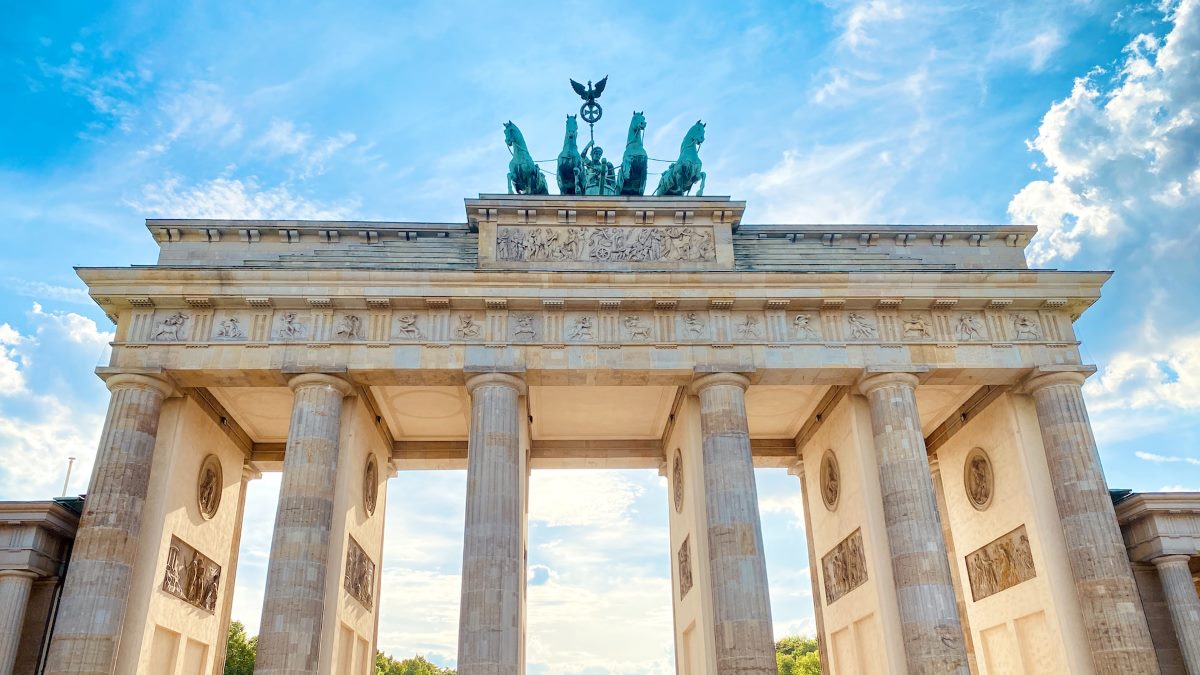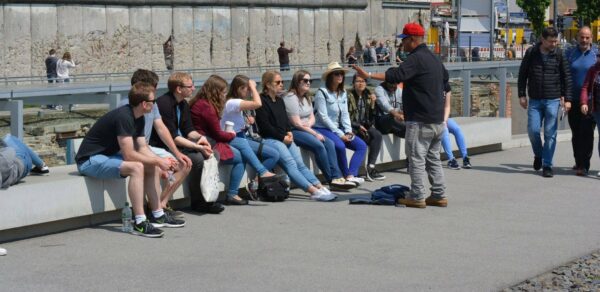Introduction
Tour guiding is one of the best professions in Berlin. But if the visitors are from different parts of the world, it’s crucial to accept cultural diversity. In this article, we will discuss some important aspects of working with cultural difference as a Berlin tour guide and what you can do to ensure that all your guests to Berlin have a great experience.
Multiple aspects have been discussed in relation to the American culture and include:
It is always important to have some knowledge about the cultural practices of the people that come to visit the country. Here are a few important points to keep in mind:
- Learn what kind of cultures your potential visitors may belong to so that you know what you are likely to encounter.
- Do not base your decision on some assumptions or biases arising from your stereotype reasoning.
- Personal space and self-distancing should be also preserved as they may also be different in every country.
- A fun way of putting this is: Pay attention to how people talk, hand gestures, and body postures.
Language Considerations
Language barriers can be challenging, but with some preparation and flexibility, you can overcome them:
- It would help if you memorized a couple of common greetings and other phrases in various tongues and practice them in the greeting itself to make the guests’ initial interaction with you memorable.
- Address your communication in a slow and deliberate manner, and be sure to avoid idioms or proverbs.
- Point out things, draw diagrams, use maps and hand signals to explain further.
- The patient and his/her care givers may prefer to read brochures or handouts in other languages, if possible.
Players should respect all the religious and social practices all.player should respect all the religous and social practices all.
Peculiarities of religion and social functions are very important for many peoples. Here are some suggestions to ensure inclusivity:
- Do not set up tours or visits in the course of special occasions such as religious occasions or major festivities.
- Do not wear provocative clothing when visiting religious places or any places where it is forbidden by customs.
- Do not assume anything about your guests’ eating habits Turn a blind-eye to any vegetarian/ non-vegetarian issue.
Dealing with Taboos
They may be some cultures may frown upon certain types of subjects or behaviours or find them obscene. Consider the following:
- Avoid getting in touch with issues that may cause offense to anyone or engage in anything that can offend someone.
- They should avoid telling jokes or something that may be pulled out of context or considered as an insult.
- If unsure, find out whether the guests are fine with talking issues that may be a tad sensitive.
The first component focuses on basic and general aspects of intercultural communication processes from the perspectives of both the giver and the receiver of information.
Creating a positive and meaningful experience for your guests involves building connections across cultures:
- Promote a process by which participants from different backgrounds engage in discussions.
- Develop time and situations wherein one can relay something about the culture that he or she belongs to.
- This is by demonstrating an active interest and appreciation of the history of every single person.
- Determine how much your guests want to know about the location or how well they want to know the local culture and adjust the touring accordingly.
Conclusion
As a tour guide in Berlin you need to appreciate the cultural differences so that you create a favorable impression of your culture to other visitors. When you are ready, polite and receptive, you can make the trip enjoyable and welcoming for everyone from different parts of the world. Remember that cultural diversity means that you can learn from your guests and yourself at the same time.
Table of Contents







